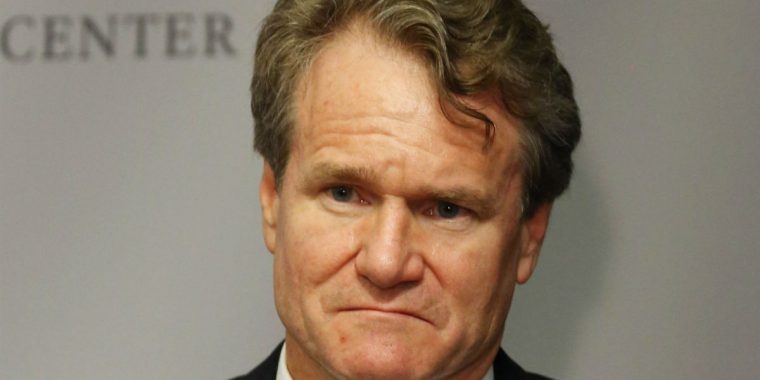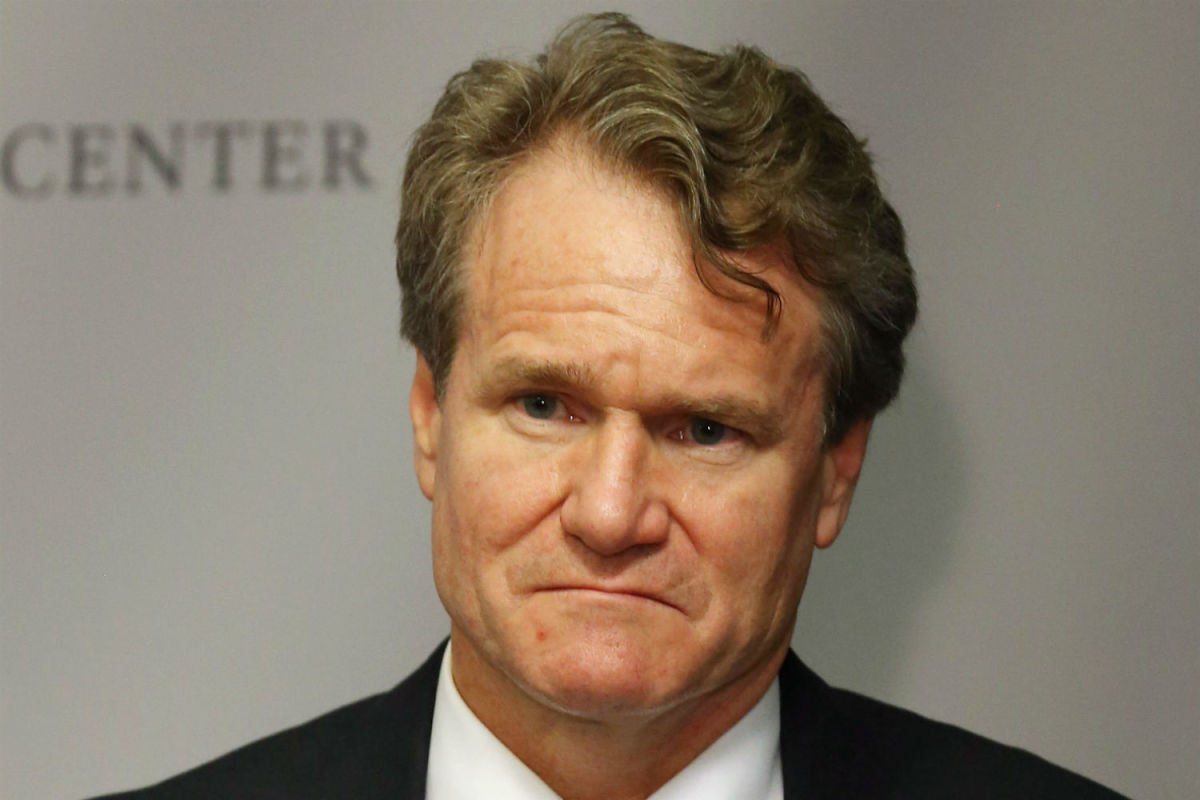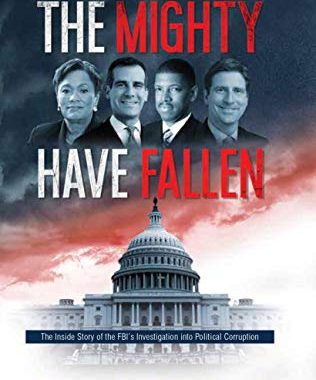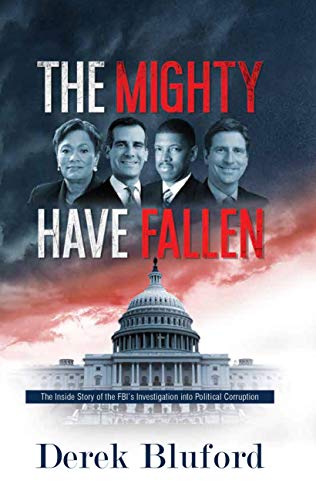
As was expected following Ajit Pai’s announcement that the FCC would be moving forward with the rulemaking process to reinterpret Section 230 of the Communications Act in response to a petition from NTIA — instigated by the President’s unconstitutional executive order, which came about because Twitter suggested people research the facts,following Trump tweeting blatant disinformation regarding elections and ballots — the FCC’s General Counsel Tom Johnson has released the FCC’s legal explanation for how it could possibly have authority here.
The shorter answer is that it has no authority here. It hasn’t had authority over websites on the internet ever. Indeed, when the Cox/Wyden bill that became 230 was being debated in Congress, they made it quite clear in floor speeches that the intent of their bill was to prevent the FCC from having any authority over websites. That was the point. As Cox said during a floor speech:
Some have suggested, Mr. Chairman, that we take the Federal Communications Commission and turn it into the ‘Federal Computer Commission’ — that we hire even more bureaucrats and more regulators who will attempt, either civilly or criminally, to punish people by catching them in the act of putting something into cyberspace. Frankly, there is just too much going on on the Internet for that to be effective….
[This bill] will establish as the policy of the United States that we do not wish to have content regulation by the Federal Government of what is on the Internet —that we do not wish to have a ‘Federal Computer Commission’ with an army of bureaucrats regulating the Internet….
And no one — least of all the FCC — has ever argued otherwise.
In fact, throughout the various net neutrality fights, many at the FCC including the majority in the current FCC have argued — vehemently, often in court and under oath — that the FCC has no authority whatsoever in this area. Here’s FCC chair Ajit Pai just two years ago, as highlighted by the Washington Post:
Pai’s announcement broke from his past public comments on the issue, according to experts. Asked at an August 2018 event about the FCC’s ability to police social media, for example, the chairman stressed that the agency “does not regulate them” and does not “have the authority under the laws that have been passed by Congress and the Constitution, of course, under the First Amendment.”
“So from that perspective, they are not going to be regulated in terms of free speech,” Pai continued, stressing that these tech companies should instead commit to transparency. He said consumers and competition otherwise would correct any ills: “If they want to focus on cats to the exclusion of dogs, ultimately, it’s a market that’s going to capitalize. There are a lot of dog owners out there who say it’s a step too far. . . and they’ll move to some other platform.”
“The government doesn’t have a role in solving every single ill that we identify on these platforms,” Pai said.
Well, that’s embarassing.
But even more embarrassing and potentially legally messy, is the fact that this very same FCC has been arguing in court pretty much the exact opposite of what they’re now arguing here. This is the key part:
To understand why the Commission has authority to interpret Section 230, it helps to understand how that section became part of the Communications Act. In 1934, Congress adopted the Communications Act in its original form, establishing the FCC as an independent federal agency charged with regulating interstate and international communications. Four years later, Congress added Section 201(b), which delegated to the Commission the power to “prescribe such rules and regulations as may be necessary in the public interest to carry out the provisions of this Act.”
Since then, the most consequential set of amendments to the Communications Act arrived in the Telecommunications Act of 1996, which updated the Act for the then-nascent Internet age. Section 1(b) of that Act made clear that, except where otherwise expressly provided, each of the 1996 Act’s provisions were to be inserted into the Communications Act of 1934.
Title V of the 1996 Act was named the “Communications Decency Act of 1996.” Among other provisions, this Title included Section 509, named “Online family empowerment.” Consistent with Section 1(b), Congress instructed in Section 509 that “Title II of the Communications Act of 1934 . . . is amended by adding at the end the following new section: Section 230.” Thus, Section 230 was born and became part of the Communications Act of 1934.
Basically, they’re saying that they have the authority to interpret CDA 230 under Section 201(b) of the Communications Act. This is (admittedly) somewhat broad power granted to the FCC to set regulations — but for common carriers as classified under Title II. At least that’s how it’s always been interpreted. That was a key part of the Net Neutrality fight. Would the FCC classify broadband internet access as such a common carrier under Title II, and if they did, then they could put in place a few simple rules to guarantee that these common carrier internet access providers couldn’t block or favor certain services.
Here, the FCC literally skips all of that and just acts like it’s obvious and not even in question that every website is somehow a Title II service. This is… insane? It also goes against everything that this very same FCC said in Ajit Pai’s “Restoring Internet Freedom Order” (RIFO) that took away Tom Wheeler’s Title II classification for broadband access and the associated net neutrality rules. From Pai’s own order:
On this record, claims of authority to adopt conduct rules governing ISPs that also offer telecommunications services have many shortcomings. The Open Internet Order contended that ISPs that also offer telecommunications services might engage in network management practices or prioritization that reduces competition for their voice services, arguably implicating section 201(b)’s prohibition on unjust or unreasonable rates or practices in the case of common carrier voice services and/or section 251(a)(1)’s interconnection requirements for common carriers. The Open Internet Order never squares these legal theories with the statutory prohibition on treating telecommunications carriers as common carriers when they are not engaged in the provision of telecommunications service or with the similar restriction on common carrier treatment of private mobile services.
In other words, in the net neutrality scenario, the FCC is intoning, seriously, that it has no authority to use 201(b) in cases in which the broadband providers are not providing common carrier telecommunications services.
Yet, now, this very same FCC is claiming its clear that you can use 201(b) on non-common carrier, non-telecommunications-providing, websites?
Incredibly, in the FCC’s justification, they claim that the law doesn’t require at all what they had claimed it required before as a justification for getting rid of net neutrality:
They note that most of Section 201(b) deals with rules that apply to common carriers and argue that Congress did not intend to treat social media companies and other covered websites as common carriers. But the general grant of rulemaking authority at the end of Section 201(b) contains no reference to common carriers; it simply empowers the Commission to make rules that are “necessary in the public interest to carry out the provisions of this Act,” without qualification. For this reason, the U.S. Court of Appeals for the Sixth Circuit in Alliance for Community Media v. FCC, 529 F.3d 763 (6th Cir. 2008), held that Section 201(b) gave the Commission authority to interpret ambiguous provisions in the Cable Television Consumer Protection and Competition Act of 1992. Notably, that Act by its terms applies to cable operators, not common carriers. The Court reasoned, relying on Iowa Utilities Board, that it was sufficient that the 1992 law amended the Communications Act and incorporated the relevant provisions therein. The same reasoning applies to Section 230.
Got that? Even though we said before that it required telecommunications services from a common carrier, we can ignore that now.
It gets even worse. In Pai’s RIFO, they even point to Section 230 as evidence of why the internet is an information service over which they have no authority, and not a telecommunications service.
We also find that other provisions of the Act support our conclusion that broadband Internet access service is best classified as an information service.219 For instance, Congress codified its view in section 230(b)(2) of the Act, stating that it is the policy of the United States “to preserve the vibrant and competitive free market that presently exists for the Internet and other interactive computer services, unfettered by Federal or State regulation.” This statement confirms that the free market approach that flows from classification as an information service is consistent with Congress’s intent. In contrast, we find it hard to reconcile this statement in section 230(b)(2) with a conclusion that Congress intended the Commission to subject broadband Internet access service to common carrier regulation under Title II.
And yet, now they suddenly think that they can regulate the internet? Yup. Because they think the public are idiots.
Nor does it matter that the U.S. Court of Appeals for the D.C. Circuit in Comcast v. FCC, 600 F.3d 642 (D.C. Cir. 2010), and the FCC itself in the Restoring Internet Freedom Order, agreed that Section 230(b) was merely a statement of policy and not an affirmative source of authority. The Commission need not rely on Section 230(b) as the source of its authority in this contemplated rulemaking. Instead, the Commission can comfortably use Section 201(b) to resolve ambiguities in the text of Section 230(c)
Basically, the FCC under Pai is now turning around everything he said to kill net neutrality (even though in that case there was a strong argument that broadband is a traditional common carrier telecommunications service), and instead saying that of course the FCC gets to regulate speech on websites.
Or, as Adam Thierer noted, night is day with this new FCC justification:
More Law-Related Stories From Techdirt:
Congress, With Nothing Important On Its Hands, Seeks To Rush Through Nomination Of Anti-230 FCC Commissioner
Appeals Court Reinstates Injunction Blocking Federal Agents From Assaulting Portland Journalists
Cuomo’s NY Broadband Pledge Under Audit After Coming Up Short





 Jordan Rothman is a partner of
Jordan Rothman is a partner of 



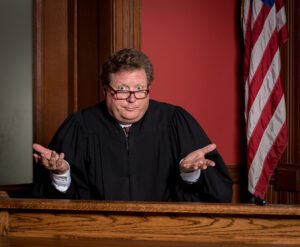
 Jill Switzer has been an active member of the State Bar of California for over 40 years. She remembers practicing law in a kinder, gentler time. She’s had a diverse legal career, including stints as a deputy district attorney, a solo practice, and several senior in-house gigs. She now mediates full-time, which gives her the opportunity to see dinosaurs, millennials, and those in-between interact — it’s not always civil. You can reach her by email at
Jill Switzer has been an active member of the State Bar of California for over 40 years. She remembers practicing law in a kinder, gentler time. She’s had a diverse legal career, including stints as a deputy district attorney, a solo practice, and several senior in-house gigs. She now mediates full-time, which gives her the opportunity to see dinosaurs, millennials, and those in-between interact — it’s not always civil. You can reach her by email at 